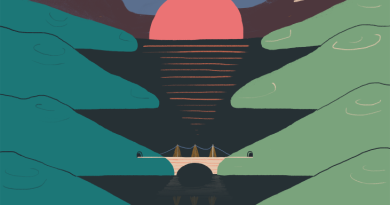Digital Pedagogies Rewilded
I've written a lot about AI and education over the last year. I've not written so much about AI and learning and I'm going to try to remedy this in the next year. I've been writing for the AI Pioneers project in which Pontydysgu is a partner. But of course AI pioneers is not the only project around AI funded under the European Erasmus+ project.
And I very mush like the HlP - Hacking Innovative Pedagogies: Digital Education Rewilded Erasmus+ project carried out by the University of Graz, Aalborg University and Dublin City University.
They quote Beskorsa et al. (2023) saying:
Hacking innovative pedagogy means using existing methods or tools, spicing them up with creativity and curiosity and then using them to find new, exciting, or out-of-the- box solutions. It fosters experimentation, exploration, collaboration, and the integration of technology to promote critical thinking, problem solving and other key 21st century skills.
The web site is beautifully designed and a lot of fun.
And on February 20 and 21 they are holding a symposium in Dublin. This is the description:
A symposium for thinking otherwise about critical AI and post-AI pedagogies of higher education as part of the Erasmus+ Hacking Innovative Pedagogies: Digital Learning Rewilded (opens in a new tab)project.
This symposium aims to bring educators, learners, and interested others together to see how we might co-design futures beyond the calculative and output-obsessed forms which GenAI could funnel us into if we are not careful. It seeks to explore ways of teaching and learning that are based on mutualism, that recognise teaching as distributed activity and that honour our deep imaginative capacities for good (Czerniewicz & Cronin, 2023). We need to craft critical, creative and ethical responses in community to help address the multitude of issues now posed to educational assessment, future jobs, the environment, biases and increases in cyber-crime and deepfakes.
Come and help us think together during this event so as to rewild our pedagogical thinking and futures dreaming (Beskorsa et al, 2023; Lyngdorf et al 2024). In the words of Dr. Ruha Benjamin, we invite you to “invoke stories and speculation as surrogates, playing and poetry as proxies, and myths, visions, and narratives all as riffs on the imagination” (Benjamin, 2024 p. ix).
The symposium is free to attend, in person or online.

